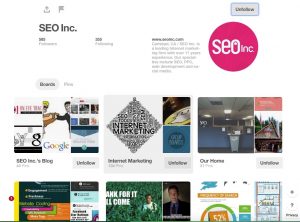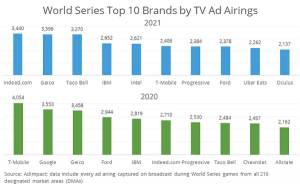One In Three B2B Marketers Cite Data As Critical Challenge
Dun & Bradstreet has released its fifth annual Data-Driven Marketing and Advertising Outlook, which found that 88% of B2B marketers believe they should focus on the customer experience (CX) similar to their B2C counterparts. One-quarter of respondents feel they lag behind their competition, the report found.
Data created the biggest hurdle. More than one-third of the respondents cite their inability to leverage data and tools they already have in place. Some 26% also cite the inability to identify customer touchpoints and 26% lack the insight into the customer journey.
Despite the challenges, 84% said they will place a greater focus on data in the coming year.
Only 7% believe they are well above their competition when it comes to providing a consistent customer experience across digital and offline channels.
Some 31% believe their company is above the competition, while 36% say they are on par and 25% believe their company is below the competition.
The information in the report is based on the results of a multinational survey of B2B marketers and their agencies conducted in September 2019. All 255 respondents were involved in B2B marketing and had a job title of manager or above.
It has become a cliché in the B2C space, but even among B2B customers, more data doesn’t mean a better experience or deeper insights. B2B companies are looking for data governance to improve the experience.
Citing eMarketer data, B2B digital ad spend in the United States has increased about $1 billion each year since 2017, and is forecast to hit $6.08 billion in 2019 — up 18.7%.
Some 69% said they will focus on investing in measurement and analytics, while 45% cite marketing automation and 39% cite data management platforms. Another 37% cite customer data platforms, and 34% point to investments in content management.
Better measurement and analytics tools are requirements. Many marketers are looking into making financial commitments for both.
Companies are investing in tools and technologies, but they are placing a particular emphasis on measurement and analytics. It has become a top priority for nearly 70% of respondents, which is necessary for anticipating customer needs, understanding intent and predicting the best prospects.
The data and tools aim to help marketers develop better experiences for their customers as they analyze behavior. More than 80% of B2B marketers said delivering a consistent customer experience across digital and offline channels is extremely or very important to their companies. Just 2% said the customer experience isn’t important.
One last suggestion, according to the report, is that B2B marketers should work with account-based management technology and then use data and analytics to understand the customer journey, identify the roles different contacts have within a specific account and pinpoint all the key ares where customers come in contact with the company and the individuals. ABM provides the foundation of a targeted, cadenced, data-driven campaign.
Some 43% of marketers said they use ABM, while 17% do not but plan to use it in 2020. Some 20% do not use ABM and 20% do not know whether it is used.
(16)
Report Post




